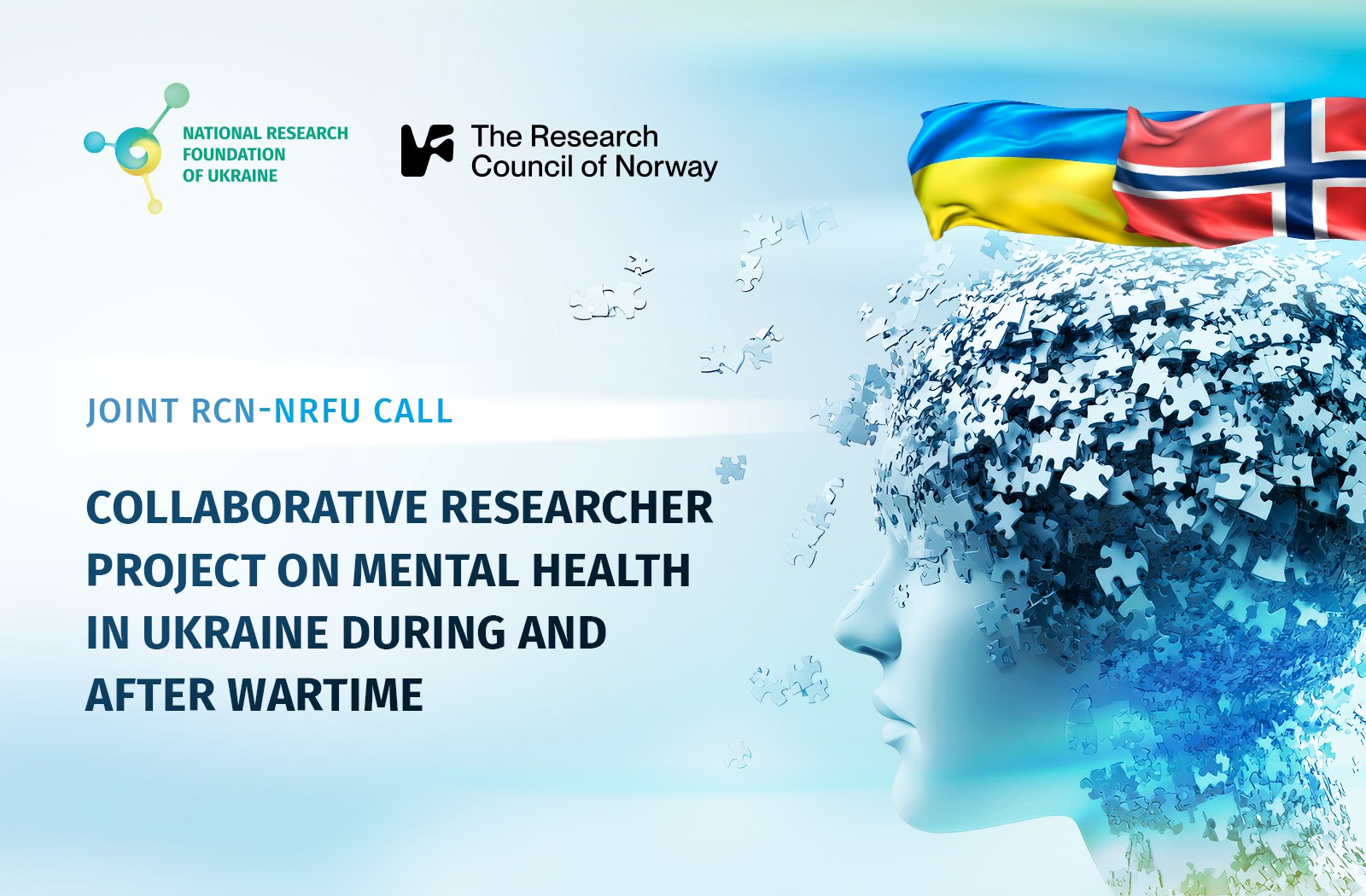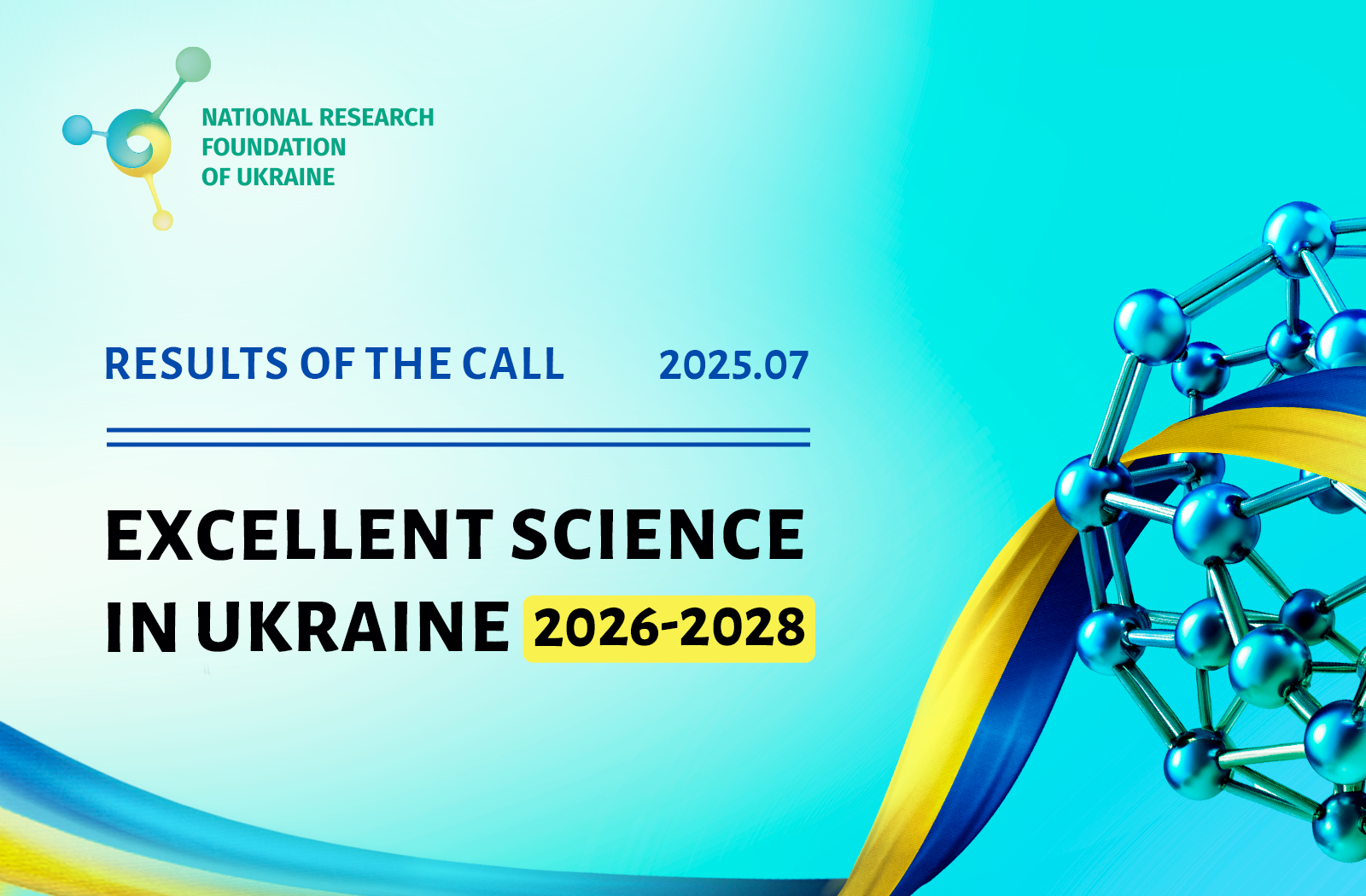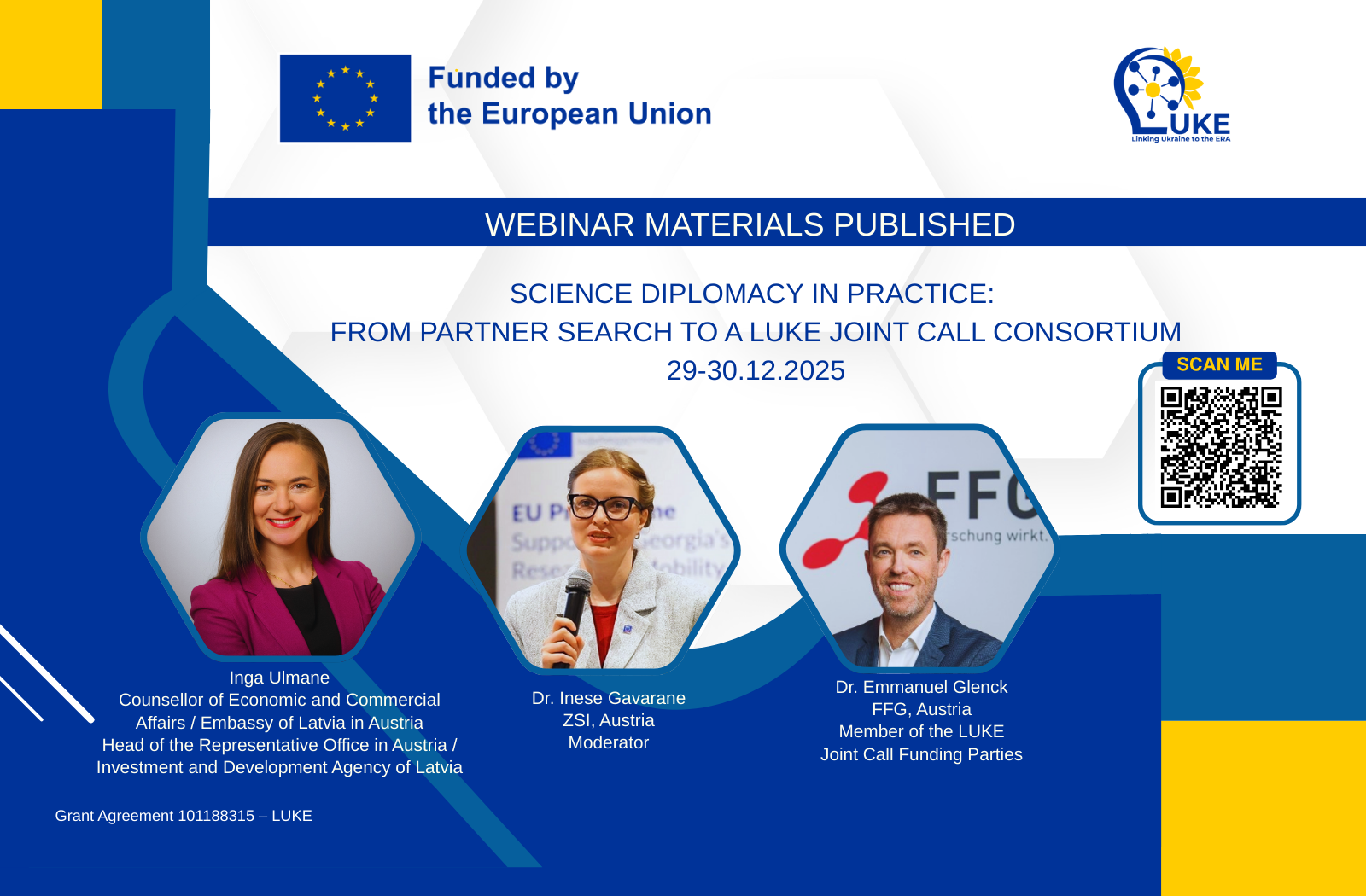Many serious illnesses can be overcome by diagnosing them at an early stage and prescribing the right treatment. New methods and devices for early diagnosis are being developed by researchers at Yuriy Fedkovych Chernivtsi National University. Their project ‘Novel methods and systems of multifunctional Mueller-matrix polarization and fluorescence tomography of micro and nanostructure of biological crystal networks’ became a winner in the call ‘Support for Research of Leading and Young Scientists’ of the NRFU and received grant funding before the war.
“Not long ago, it was discovered that laser light changes when it interacts with animate and inanimate objects,” says Yurii Ushenko, Project PI and Head of the Department of Computer Research at Yuriy Fedkovych Chernivtsi National University. “Changes in light properties can tell us a lot about the object that is irradiated. Laser polarimetry studies these changes.”
In other words, researchers seem to be solving an inverse issue: they irradiate an object, record the light that has passed through it, and learn about the characteristics of the object through the changes in this light.
The team implementing the project is working in a special area of laser polarimetry – biometric optics. The researchers are studying how laser light changes when irradiating biological tissues and fluids, what diseases it can detect, and thinking of how to make diagnostics inexpensive.
“This diagnostics is called in different ways: optical coherence tomography, biomedical and optical polymetry. The equipment for this diagnostics is manufactured abroad and is expensive,” Professor Ushenko continued. “We plan to design a device that will be cheaper than foreign ones, yet no less effective.”
Ukrainian researchers are simultaneously studying the possibilities of both polarization and fluorescence tomography. The PI explained that conventional laser polarimetry works well with microstructures, but is not effective at the level of nanostructures. However, the changes that need to be “detected” often occur at this level. For example, changes in protein molecules can be used to track the early stages of cancer tumor formation. Fluorescence imaging can help track changes at the level of nanostructures.
“I would like to explain to our readers what fluorescence is,” says the PI. “Imagine that we irradiate biological tissue with blue laser light. Laser radiation stimulates molecules and atoms, and they re-emit light, but at a different wavelength. The object absorbs blue light and re-emits, for example, green or red light.
The re-emitted light is also partially polarized. According to the researcher, the degree of this polarization can tell the concentration of certain compounds and, accordingly, the presence of a particular disease.
The project carried out by the researchers from Chernivtsi is both fundamental and applied. “We are taking a step forward in understanding the structure of soft matter objects. Based on the research results, we will create inexpensive Ukrainian devices for diagnosing changes in biological tissues and fluids,” the researcher said.
Before the full-scale invasion, the researchers had managed to develop methods and systems of laser polarimetric and fluometric diagnostics and test them in the University laboratory. They got evidence that the developed methods are really effective (86-95 percent of correct diagnoses). The results of the work were published in top-rated international journals.
“These studies are very laborious, we needed to process hundreds of samples (we are grateful to Bukovinian State Medical University for these samples!), summarize the statistical data in different groups, determine which parameters change,” Yuriy Ushenko continues. “Then we needed to compare these data with tissue samples from patients whose diagnosis was confirmed. As a result, we established which parameters of changes correspond to specific diseases.
In 2022, the team planned to complete the third and final stage of the project: to create a laboratory model and conduct clinical trials. The war interfered with these plans, but the researchers hope to complete the work after funding is resumed.
“We have the necessary equipment and plan to assemble a new device – a laser polarization fluorometer. We plan to test it at Angelholm Clinic (with which we have a corresponding agreement). Then follows the process of licensing and putting the device into operation.
Inexpensive diagnostic equipment is very much in need today, in particular, for rehabilitation of the servicemen. The researchers are convinced that the new fluorometers will help diagnose mine-blast injuries and joint damage, and monitor the rehabilitation process.
To speed up the creation of the device, the researchers continued to work during the war, conducting research and systematizing data.
“I am glad we managed to keep the team. They are early-career researchers who work hard and contribute to our victory,” added Yuriy Ushenko.
Interviewed by Svitlana Galata






